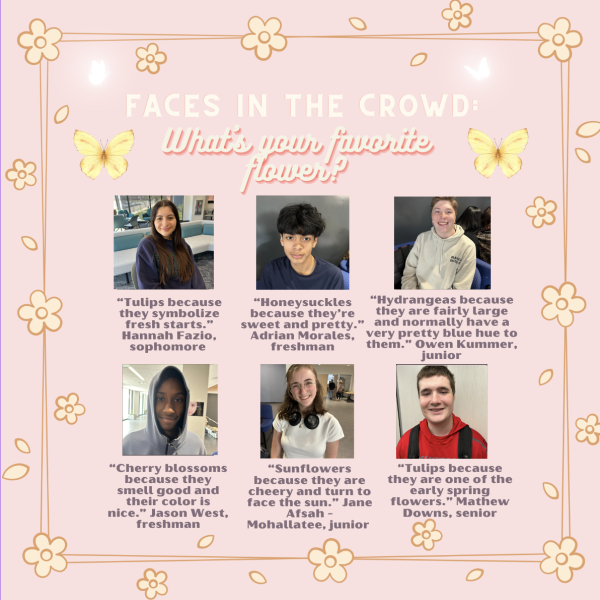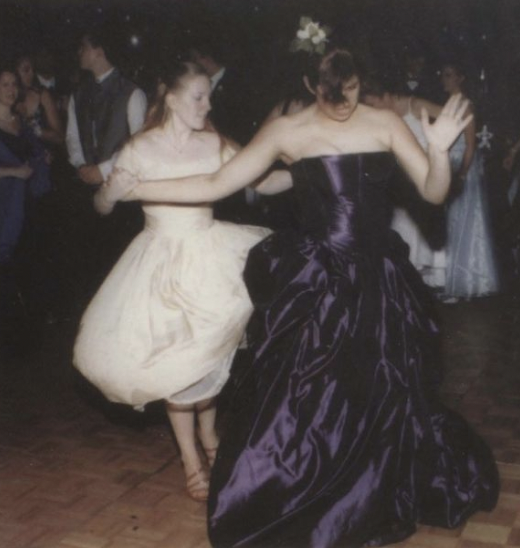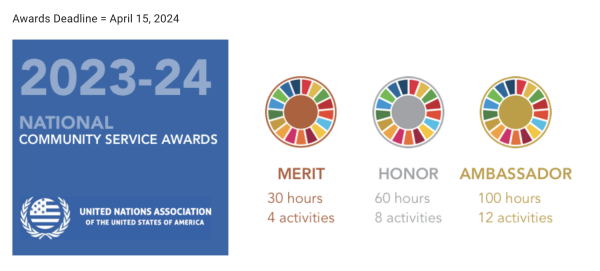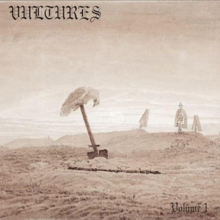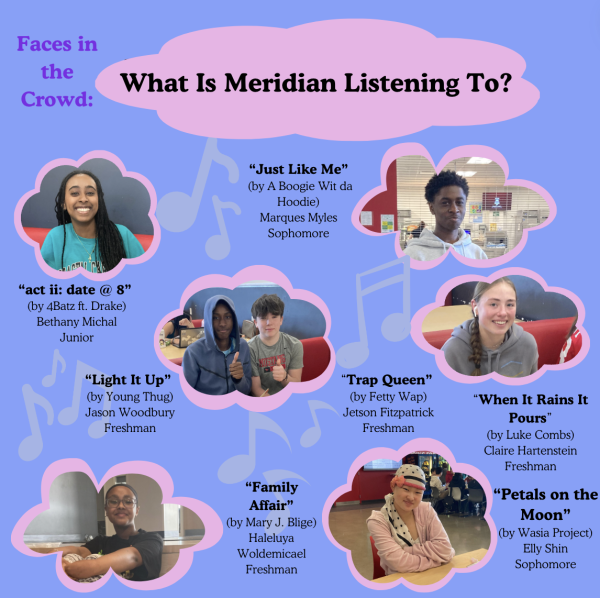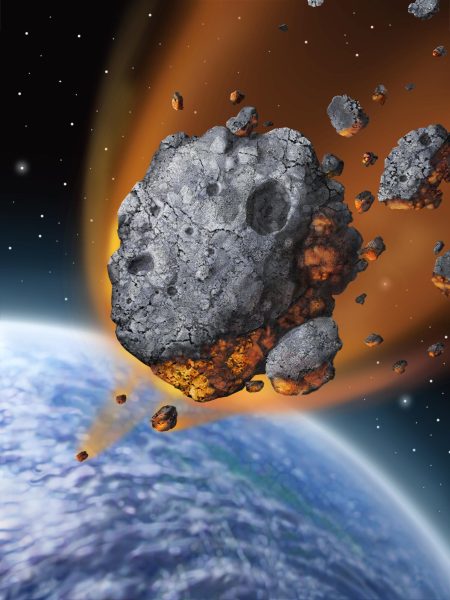A look back on the world events of 2020
December 31, 2020
A few obvious events come to mind when we think of how 2020 will go down in history. As the ongoing pandemic continues to occupy every portion of our lives, here’s a look back at ten major world events that also happened this year.
2019 to early 2020: “Black Summer” ravaged Australia
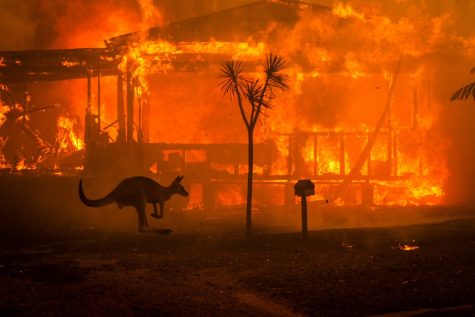
While wildfires are certainly not uncommon during Australia’s summer, this year’s fire season broke many records and is widely considered the most damaging, violent series of fires Australia has ever experienced.
The fire season began as early as June 2019 in some places, and it peaked in December-January along with national temperatures. Fires were spread out across the entire country, though they were most prevalent in New South Wales, Australia’s most populous state.
34 people died directly from the fires, along with hundreds others due to smoke inhalation or other second-hand factors. An estimated 3,500+ homes were destroyed, 3 billion animals were killed or displaced, and 46,300,000 acres were burned (an area approximately equivalent to Washington state). Economists estimate that the bushfire season cost an overall 103 billion Australian dollars (roughly 78.5 billion USD), making it the monetarily costliest natural disaster to date.
January 3: People joked about the possibility of World War III
Following the Trump-ordered assassination of Iranian general Qassem Soleimani on January 3, tensions grew between Iran and the United States. Social media, particularly platforms like Twitter, Instagram, and TikTok, began to call the conflict the beginning of World War III. Many memes broke out among younger generations, joking about the possible fallout of the event.
The general public reacted in two ways – some viewed the jokes as juvenile, immature, or offensive, while others saw the memes as a coping mechanism. In a world growing ever-dependent on the Internet and social media, behavior specialists believe that Millennials and Generation Z use “dark humor” online to deal with devastating events and emotions.
January 31: Brexit actually happened
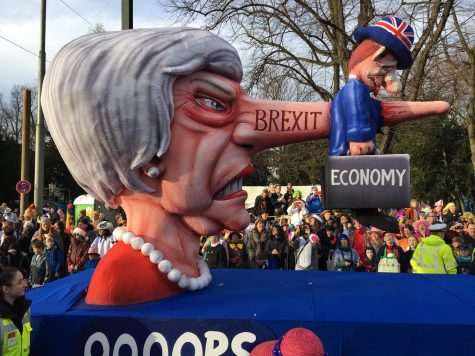
“Brexit” is the nickname for the United Kingdom’s exit from the European Union, which began due to concerns that the EU’s requirements were hindering the nation’s economy. In 2016, a referendum across the country determined that 52% of citizens were in favor of leaving the bloc, while 48% were opposed.
In 2016, when Prime Minister David Cameron resigned and was succeeded by Theresa May, the UK government officially began the Brexit process by formally notifying the EU. Following many political disputes, May resigned in 2019, allowing current Prime Minister Boris Johnson to get the withdrawal agreement ratified by the UK on January 23 and by the EU on January 30. Brexit officially took effect on January 31, making the United Kingdom the only country to ever leave the European Union.
February 5: President Trump was acquitted
In late 2019, President Trump was impeached by the House of Representatives. Two articles were brought against him, accusing the president of abuse of power and obstruction of justice, based on the possibility that he encouraged Ukraine to interfere in the upcoming 2020 election.
The third-ever Senate impeachment trial began January 16, and eventually ended with his acquittal on February 5 after many arguments between Democrats and Republicans regarding witnesses and subpoenaed evidence.
The first article, stating Trump abused his power, lost with a vote of 48-52. Republican Mitt Romney of Utah voted guilty on this charge, marking the first time a senator voted to convict a president of their own party. The second article, dealing with obstruction of Congress, lost with a vote of 47-53.
February 24: Harvey Weinstein was sentenced
Harvey Weinstein is a famous former film producer whose allegations of sexual assault by more than 80 women sparked the #MeToo social media movement in 2017.
On February 24, he was convicted on two out of the five criminal charges brought against him and was sentenced to 23 years in prison. Weinstein is still facing an ongoing trial in Los Angeles, though he is serving his sentence in a New York correctional facility, where he tested positive for COVID-19 in March.
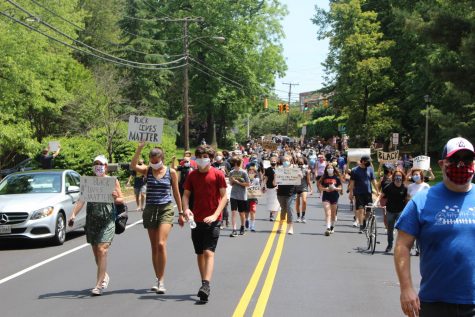
Summer: Police murders sparked Black Lives Matter protests
While police brutality and racial injustice is not new in America, the Black Lives Matter movement had a huge, powerful presence this summer following the police killings of Breonna Taylor, George Floyd, Jacob Blake, and more.
Protesters argued that these police killings were racist and unjustified, demanding that systematic racism be addressed in police departments. Certain localities have since implemented legislation banning police chokeholds or excessive force, though activists are still currently working to enact change for their cause.
Some Americans, including President Trump, consider the Black Lives Matter movement a force designed to ridicule police officers and terrorize cities. Counter-protesters have clashed with BLM marches throughout the country, and led to death in some cases.
August 4: The Port of Beirut exploded
At 11:07 a.m. ET on August 4, an explosion set off at the port of Beirut, the capital city of Lebanon.
In 2014, the MV Rhosus landed at the port and was declared unseaworthy; it was abandoned (and later sunk) there and its contents were seized by Lebanese officials. This included 2,750,000 kilograms of ammonium nitrate.
A fire broke out at Warehouse 12 of the port around 9:50 a.m. ET, where the ammonium nitrate had been stored improperly for six years, alongside fireworks. A small, initial explosion occurred at 11:07 a.m. ET, likely caused by the fireworks, and the ammonium nitrate exploded 30 seconds later. The second explosion, which is the largest artificial, non-nuclear explosion in history, could be felt 150 miles away.
At least 204 people died in the explosion, and thousands more were injured across the city. The property damage has costed over 15 billion USD, and approximately 300,000 people were left homeless. Afterwards, Lebanese citizens intensified already-ongoing protests against their government, who knowingly stored the contents at the port. Just a few days later, the Prime Minister and his cabinet resigned due to civil pressure.
October 8: The FBI foiled a plot to kidnap Michigan Governor Gretchen Whitmer
The FBI arrested 13 suspects in the kidnapping plot of Gretchen Whitmer, the Governor of Michigan, on October 8. The suspects were affiliated with the “Wolverine Watchmen,” a small, alt-right militia group. This attack was to be a part of the “boogaloo movement,” self-described as a plan to incite a second civil war.
The group officially began planning on June 6 in Ohio, where they reportedly discussed that states were violating the Constitution and those “tyrants” needed to be killed. When the FBI first uncovered the plot soon after, they turned to uninvolved “Wolverine Watchmen” members for information.
Six of the suspects were charged in federal court, while the other seven were charged in state courts. The group was accused of terrorist activity and illegal firearms use. Governor Whitmer was not attacked, but joined presidential candidate Joe Biden in berating President Trump for not fully condemning the plot after the arrests.
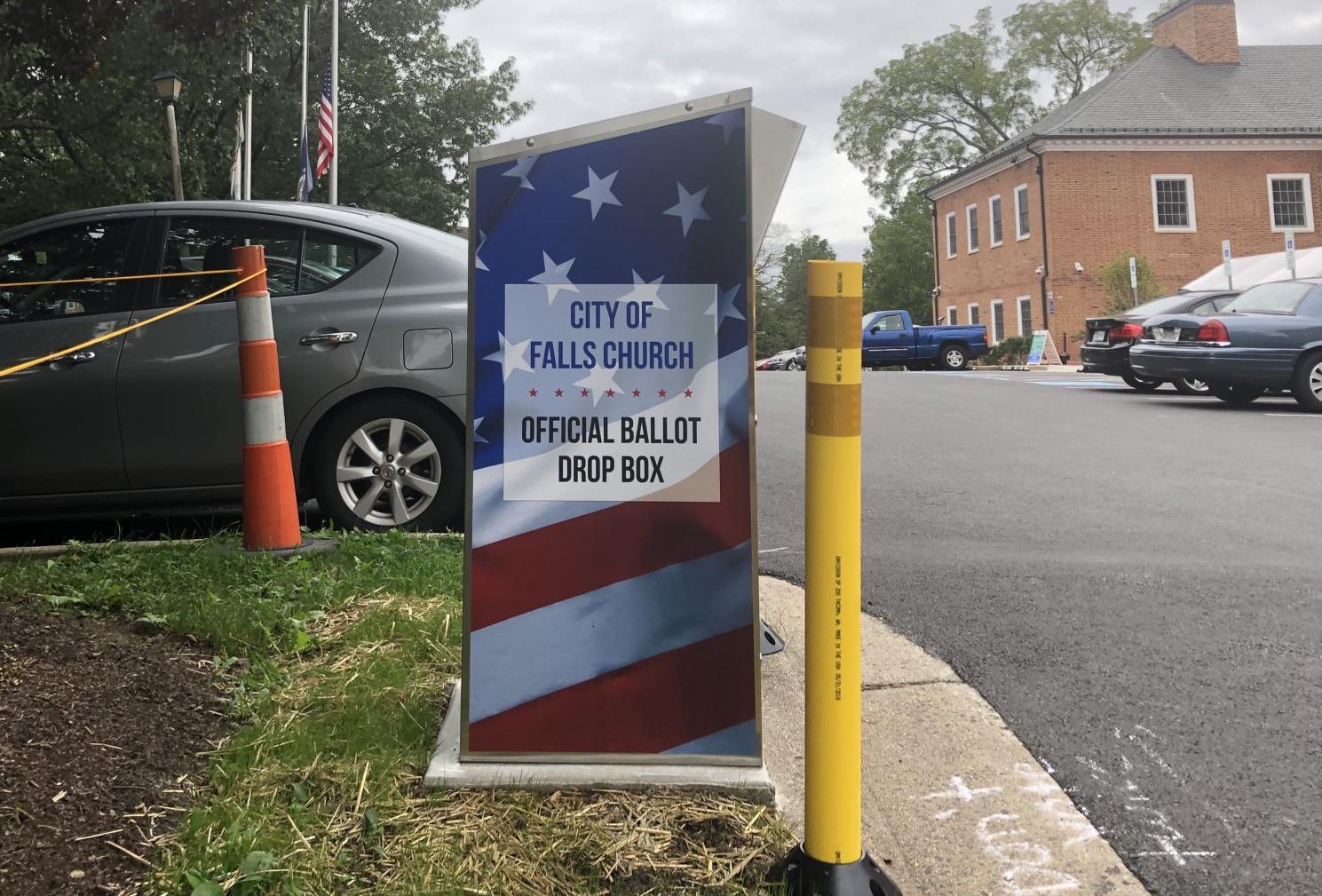
November 3: A record number of voters cast their ballots in the U.S.
The 2020 election procured more votes than ever before. Due to the coronavirus pandemic, going to the polls on November 3 was potentially dangerous to at-risk voters, which caused many states to increase mail-in and absentee voting possibilities. This, combined with the divisive nature of the presidential race, provided for the increased turnout.
Generally, the United States has one of the highest voter apathy rates among the world’s democracies, and it’s been decreasing over the years. Even with the greatest voter turnout rate since 1900, approximately 34% of the voter-eligible population did not cast their ballots this year.
December 14: Senator Harris officially made history (again)
While many Americans focused on Joe Biden’s win over President Trump, Kamala Harris made history by becoming the first female, Black, or Asian person to ever be elected to the office of Vice President.
Senator Kamala Harris was born in Oakland, California to Dr. Donald Harris, an economics professor from British Jamaica, and Dr. Shyamala Gopalan Harris, a biologist born in India. Kamala Harris grew up to be the second Black woman and first South Asian-American person to become a senator.
On December 14, the electoral college convened in each state for electors to cast their vote. All 306 electors who pledged to vote for Joe Biden and Kamala Harris did so, making the predicted results official. At 5:27 p.m. ET, California announced the certification of its 55 electors for the Democratic duo, making Harris’ home state the one to push them over the necessary 270.









